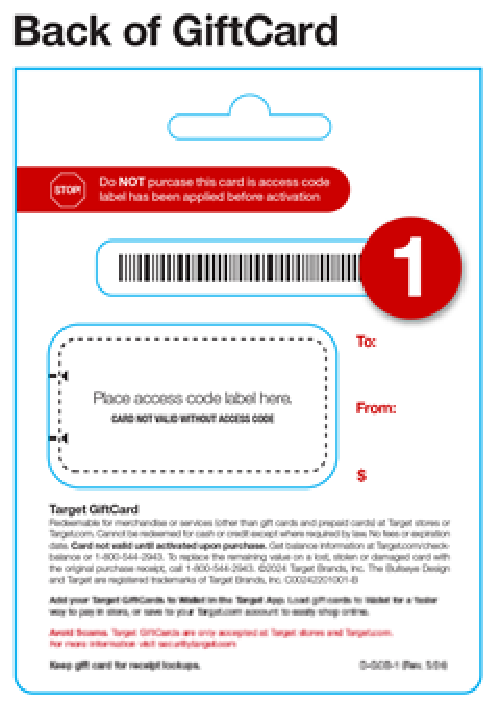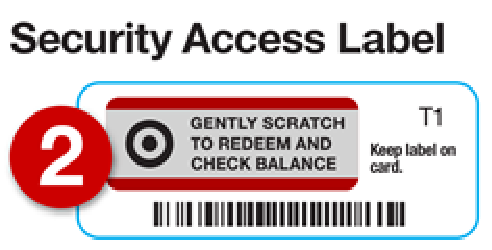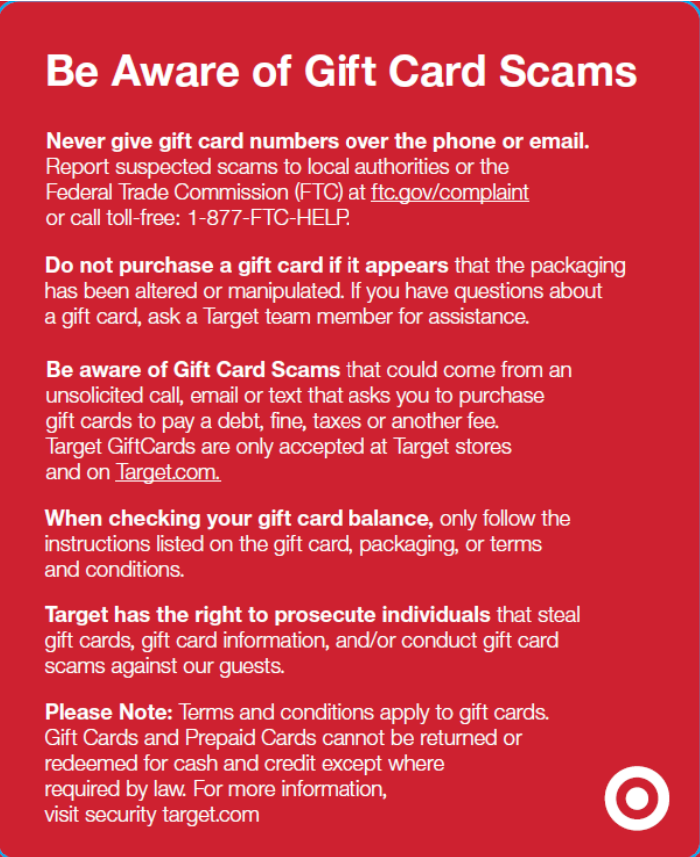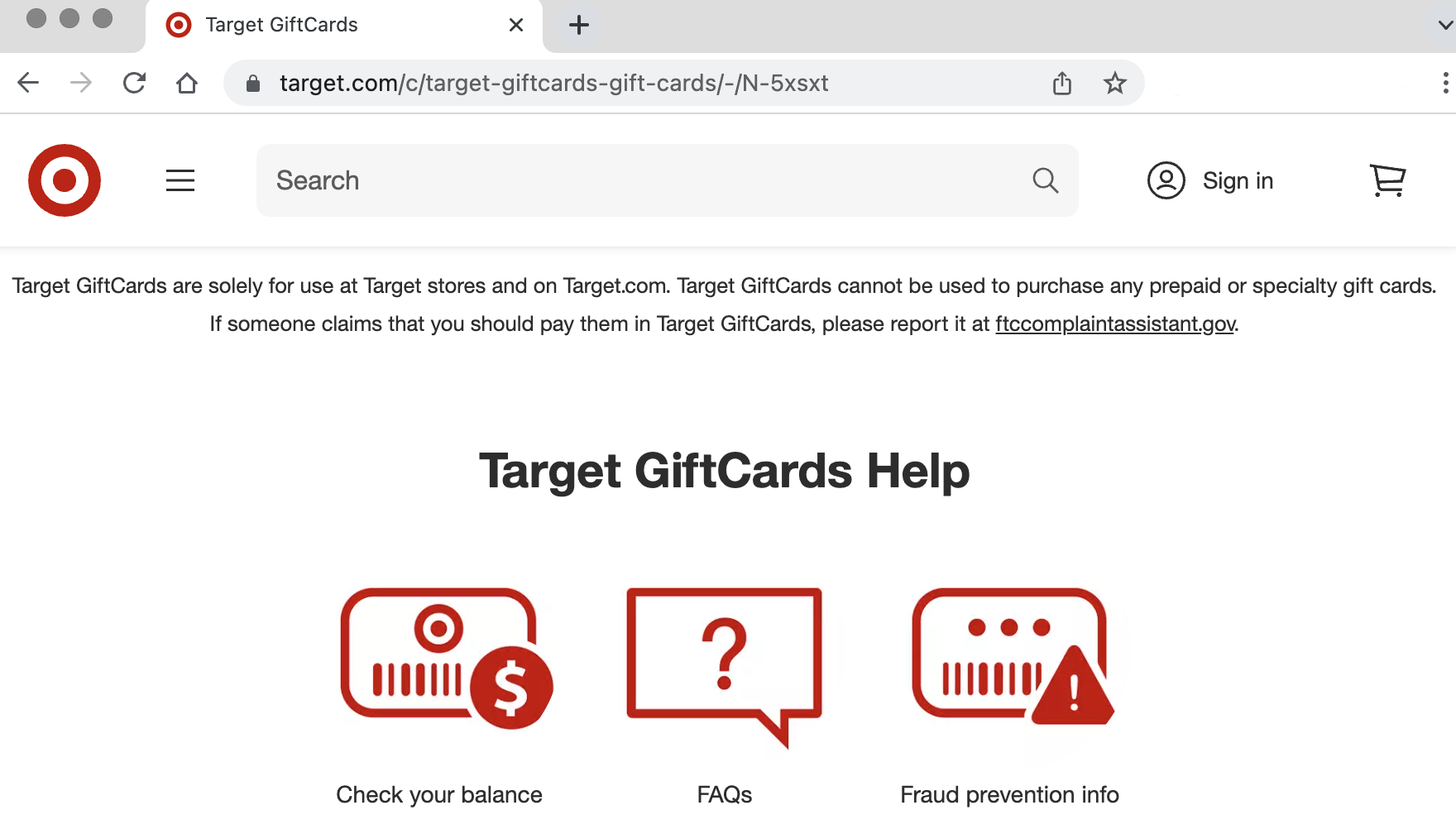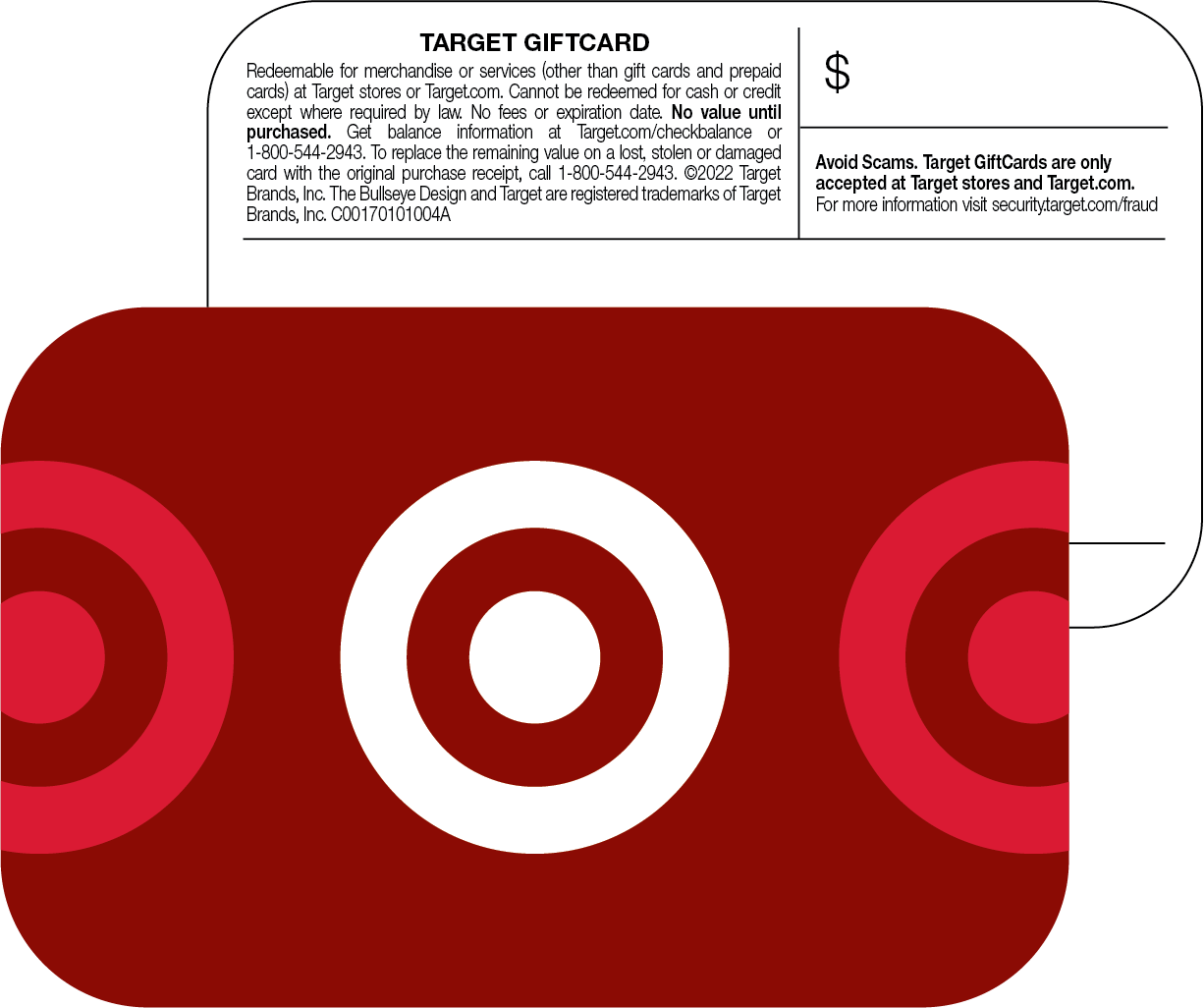How Target is Helping Prevent Fraud In Store & Online
How Target is Helping Prevent Fraud In Store & Online

Investing in Ease and Safety with new Target Gift Card technology
Target is redesigning Target GiftCards to stop tampering before it starts. Traditional gift cards have access codes printed on the back, which gives determined fraudsters the chance to steal these codes before they're sold (then drain the card after they're purchased). Now, all Target GiftCards sold in our stores will have a blank space where these codes used to be. At checkout, a team member will apply a security access label to the gift card, reducing the potential for fraud.
Investing In the Target Team
Target has built a multi-layered approach to stopping fraud, including gift card scams. Our group of hundreds of cybersecurity experts enables Target to identify and mitigate fraud, proactively monitor trends and create solutions to prevent fraud before it happens. Our team also develops new technology to prevent cybercrime and fraud such as gift card scams.
When it comes to fraud, our team members are our best line of defense. To ensure they are equipped with the right information, all store and headquarters team members complete training on fraud and scams annually as part of Target's cybersecurity training. In addition, store and Guest Services team members receive regular education on current fraud trends.
Our cybersecurity and fraud teams share threat intelligence and partner with organizations across different industries to share best practices, discuss new technologies, and advance capabilities in these areas. Our team members serve on leadership and advisory boards and collaborate with our industry peers to combat these dynamic threats.
External Partnerships
- We partner with multiple organizations, including law enforcement, to help prevent retail crime from impacting our guests.
- We partner with industry groups such as the Retail Industry Leaders Association (RILA), Retail and Hospitality Information Sharing and Analysis Center (RH-ISAC), and National Retail Federation (NRF), which bring retailers together to track, prevent, and address these types of crimes.
- In 2023, we launched a campaign with Cybercrime Support Network (CSN) focusing on expanding consumer knowledge of online financial scams.
- We've teamed up with law enforcement, gift card processors, and other retail leaders to establish a Gift Card Fraud Prevention Coalition focused on safeguarding our consumers from criminal activity.
Fraud Messaging In-store, Online & On Products
Additional Resources

